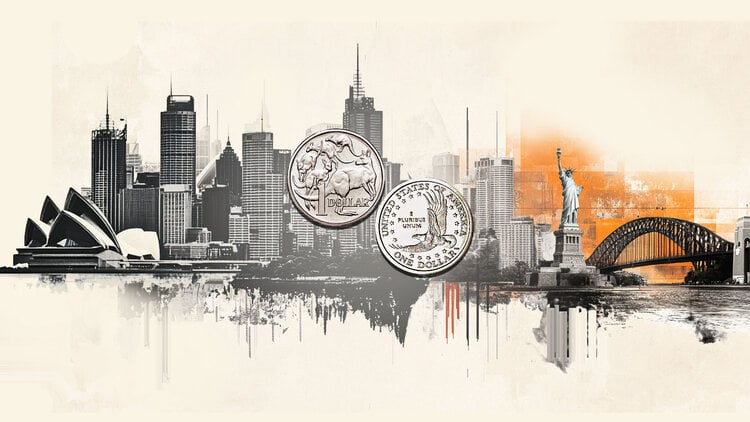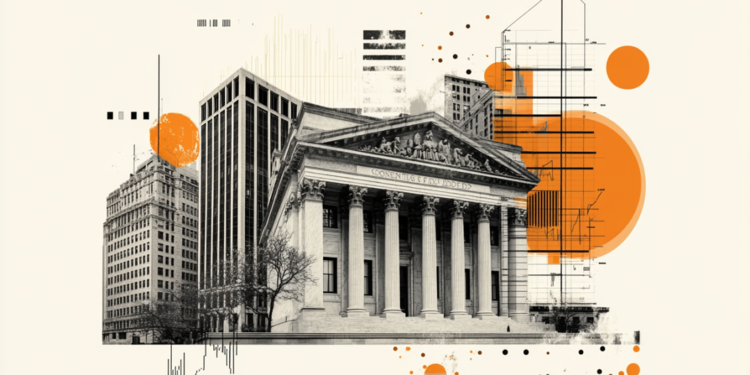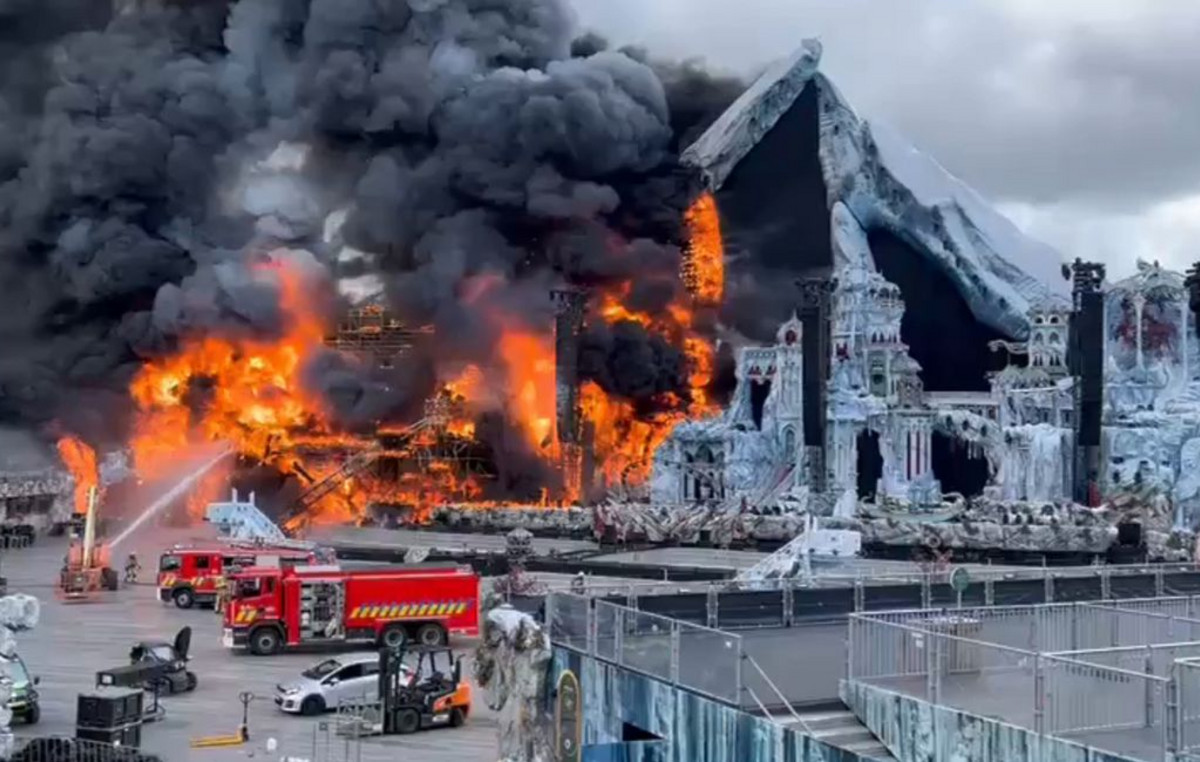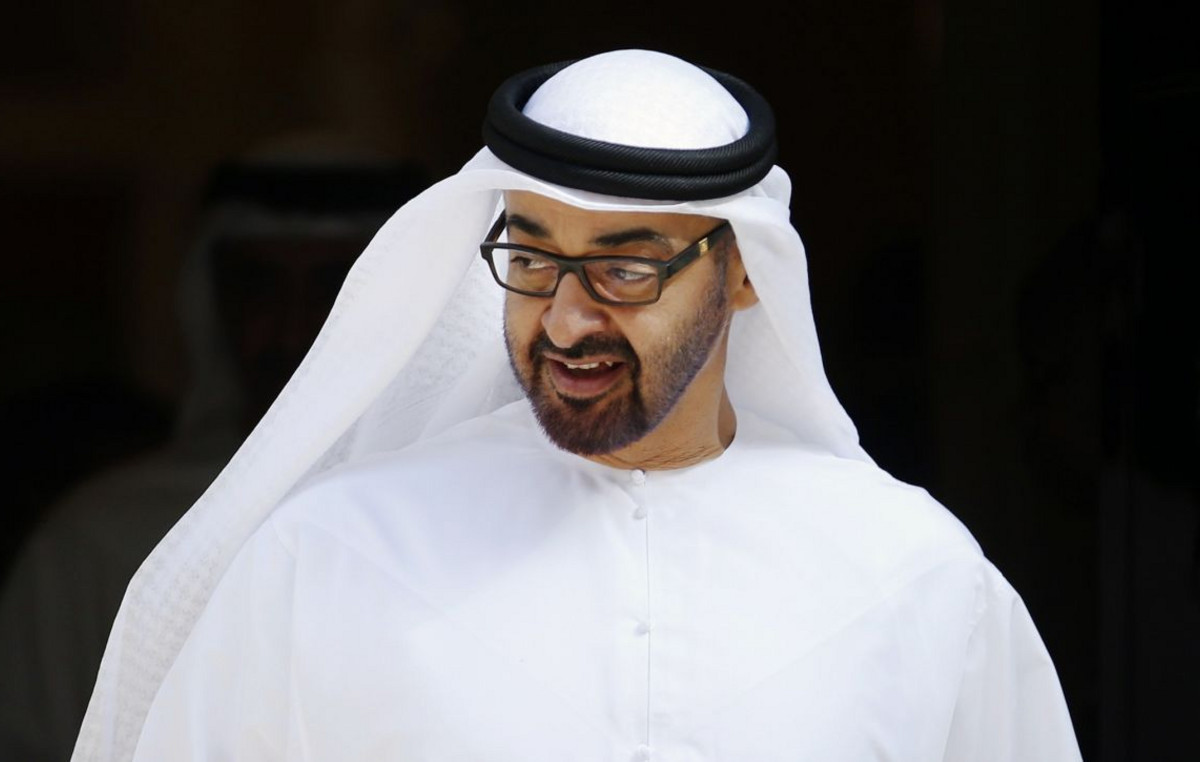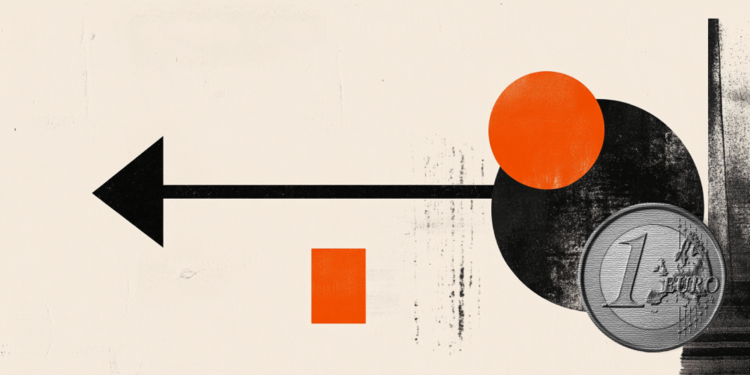Indian Prime Minister Narendra Modi’s National Democratic Alliance on Friday formally put forward its claim to form a government, while Modi promised his new 15-party coalition would strive for unanimity and succeed.
ADN leaders met President Draupadi Murmu and presented the alliance’s claim, led by Modi’s Bharatiya Janata Party (BJP), to govern the world’s most populous nation for the next five years, television channels and a media outlet said. source from the president’s office.
Murmu was expected to formally invite Modi to form a government later on Friday and the inauguration would be scheduled for Sunday night, they said, making him prime minister for a historic third consecutive term.
It is the first time in a decade that the BJP – which won absolute majorities in 2014 and 2019 – needed the support of regional parties to form the government, a change that initially scared markets and worried analysts about political certainty and fiscal discipline.
“It’s my luck that all of you in the ADN chose me to lead,” Modi said after ADN lawmakers voted unanimously for him to become leader at the alliance’s first meeting following the June 4 vote count and the declaration of results.
“No alliance has been as successful as ADN,” he said, after lawmakers and senior leaders banged tables and applauded, with some standing and shouting “Modi, Modi!” in the central hall of the old parliament building.
“We won the majority… but to govern the country it is unanimity that is crucial… we will fight for unanimity,” he said, in a sign of the change in style that the coalition government can impose on a leader accustomed to governing with a strong hand.
The new government should focus on increasing the savings of the middle class and improving the quality of life of workers, as “the middle class is the driving force of the country,” Modi added.
Leaders promise to maintain coalition
Top ADN leaders – whose support has wavered in the past as they have moved in and out of alliances – praised Modi and expressed confidence in his leadership.
“I am confident that what is missing, he will now complete. We will be with him every step of the way,” said Nitish Kumar, chief minister of the eastern state of Bihar, whose Janata Dal (United) party is the third largest in the coalition, with 12 lawmakers.
Indian media said that both Kumar’s party and the Telugu Desam Party, the second largest with 16 legislators, are eyeing the Speaker’s post, while the BJP itself is expected to hold four key ministries – Foreign Affairs, Defence, Interior and Finance.
The Janata Dal (United) also wants the new government to review a military recruitment system introduced in 2022, under which young men and women are enlisted for a four-year term in non-officer posts, with just a quarter retained for longer periods.
Previously, soldiers were recruited into the army, navy and air force separately and could stay in the forces for up to 17 years.
The shorter term caused concern among potential recruits and led to riots in some parts of the country as it was seen as damaging to job prospects.
The lack of jobs, in addition to rising prices and falling incomes, were key issues in the elections and led voters to decrease support for Modi, according to a post-election poll.
The coalition negotiations are a throwback to an era before 2014, when Modi came to power with an absolute majority for his BJP.
Source: CNN Brasil
Bruce Belcher is a seasoned author with over 5 years of experience in world news. He writes for online news websites and provides in-depth analysis on the world stock market. Bruce is known for his insightful perspectives and commitment to keeping the public informed.

